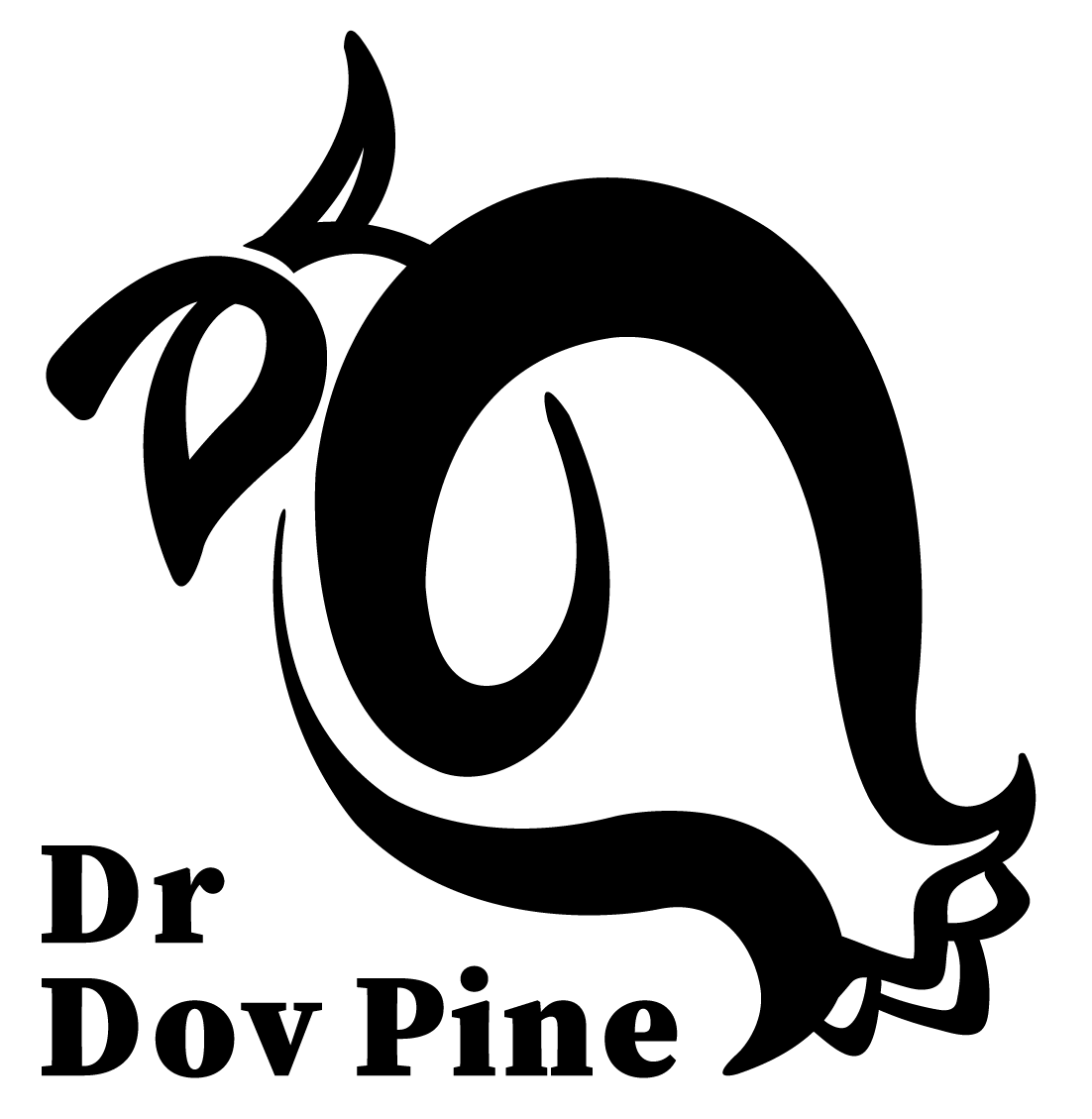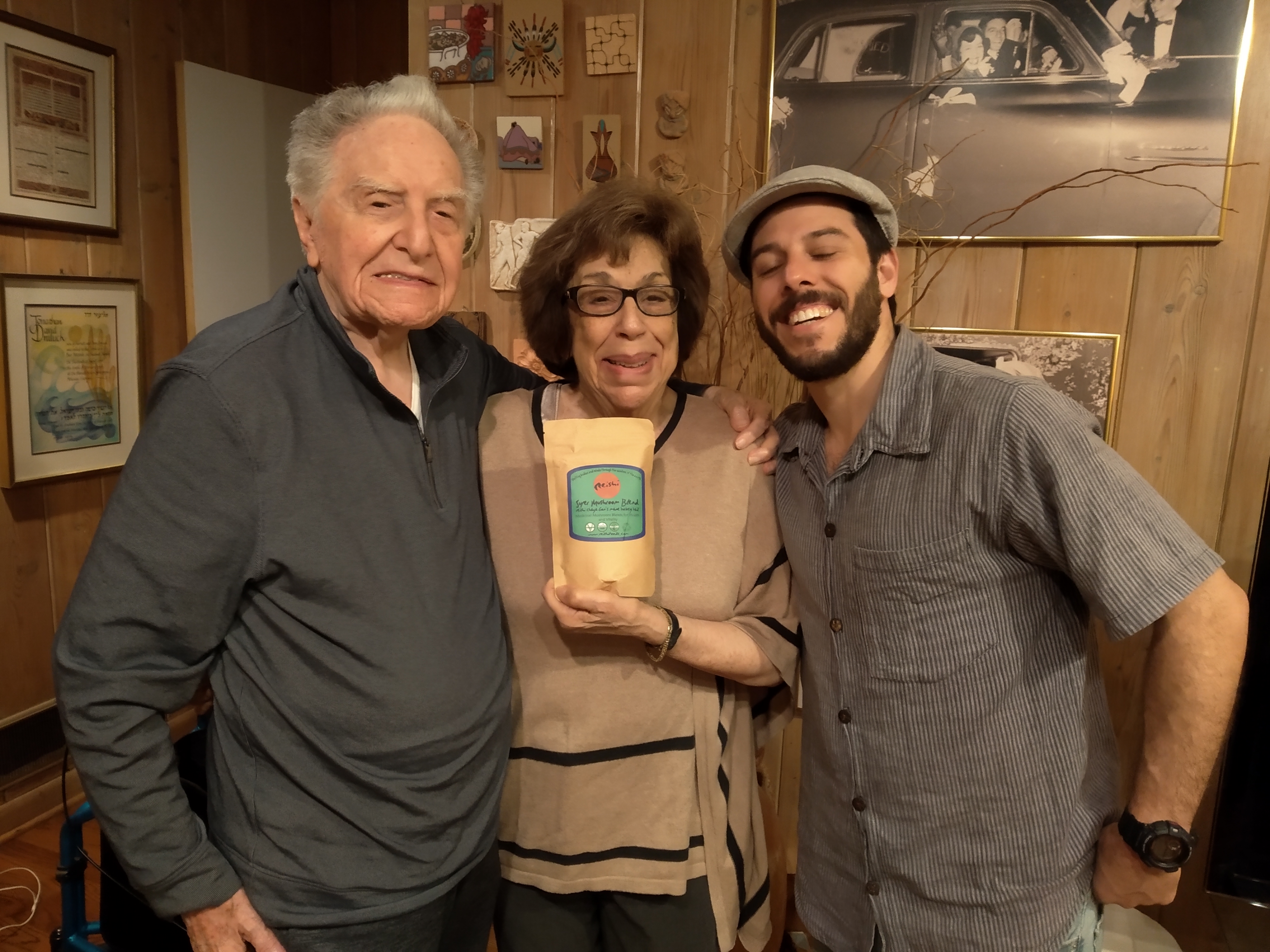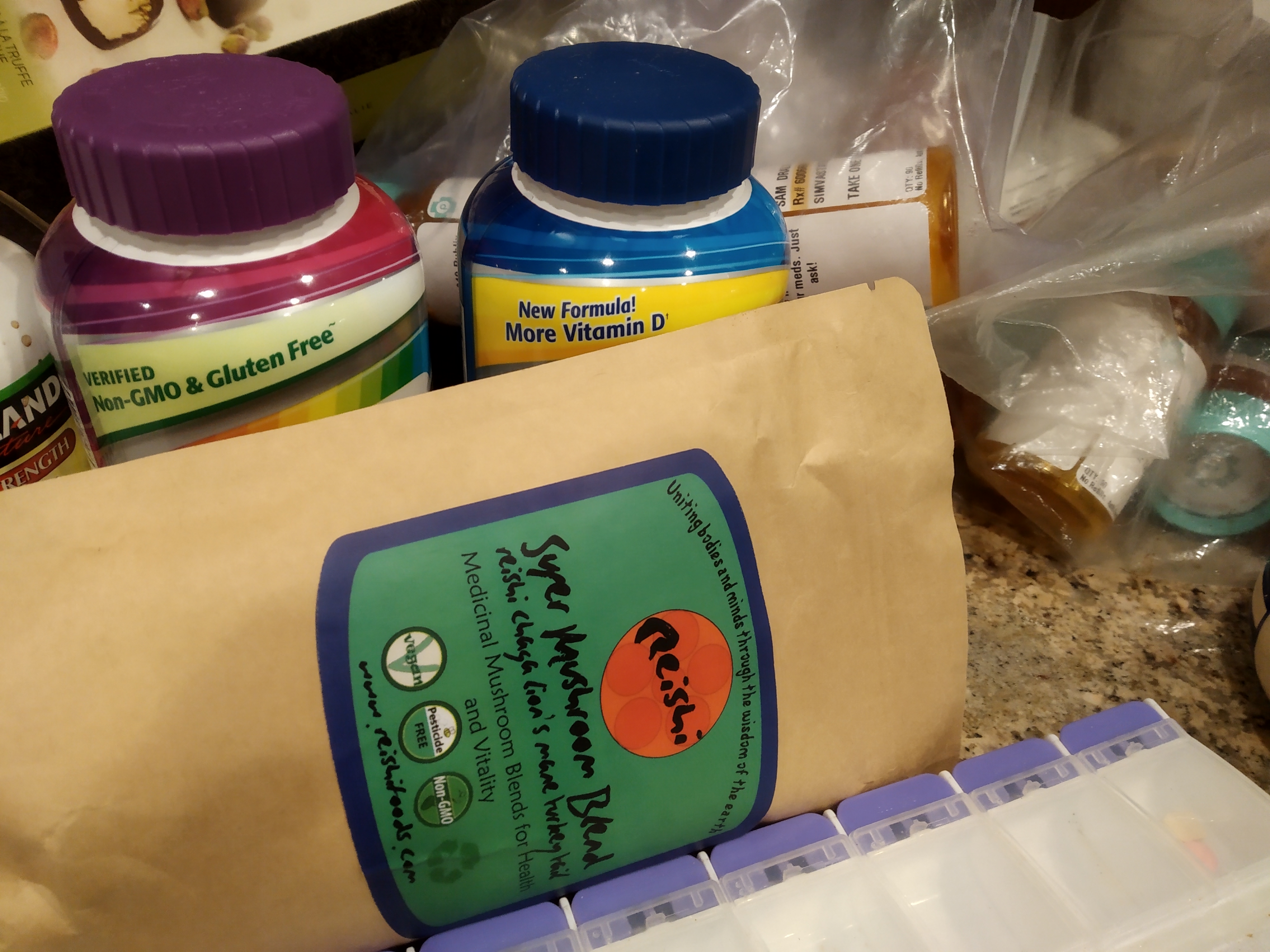My grandparents use medicinal mushrooms regularly and I am convinced yours should too! Over the last two years my Sabim (grandparents) have been taking medicinal mushrooms like Reishi, Lion’s Mane, Turkey Tail and Chaga in their coffee. As a natural medicine, the health properties of medicinal mushrooms are extensive, but more importantly safe for the older generation. Here are 5 reasons you should show your family love by bringing medicinal mushrooms to your grandparent’s kitchen.
5 Reasons To Get Your Grandparents On Medicinal Mushrooms
My grandparents add up to 1/2 a tsp of our medicinal mushroom extract into their morning coffee every day.
I don’t know about your grandparents, but mine have had their share of health issues. Heart issues, atherosclerosis, pneumonia, muscle wasting, macular degeneration, pleural effusion and so on. Thank goodness they are relatively healthy and stable now. Right now, age is the main factor working against them. My grandfather is 97 and my grandmother is 90. That means big lifestyle changes, even smaller ones are troublesome to implement. Adding quality to their life has always been a priority for me. The toughest part is keeping it simple.
Every year when I visit my grandparents overseas, I bring them a bag of medicinal mushroom powder for them to use in their morning coffee. Ironically, the mushrooms sit in the kitchen counter alongside their daily prescription medications. It’s picture worthy.
For years now, they have been happy to put their grandson’s brown mushroom powder in their brew while they read the daily news. Here are 5 reasons why I make sure they do.
When you can’t shift the paradigm, give it the support it needs.
Medicinal mushrooms and brain health
Brain health is priority number one. The Lion’s Mane mushroom (Hericium erinaceus) has well documented brain health promoting properties that have been researched in conditions such as mild cognitive impairment and memory loss.1,2 Traditionally used in the countries of east Asia, its neurotrophic or nerve growth inducing properties have been the subject of research in methods for naturally supporting health in patients with Alzheimer’s and Parkinson’s disease.2,3 Keeping in mind, this is not a cure or treatment.
In the case of Alzheimer’s studies, Lion’s Mane has the effect of reducing beta-amyloid plaque formation, one of the main factors involved in this unfortunate and widespread condition.2 In a Parkinson’s disease study, the Lion’s Mane mushroom has been demonstrated to reduce the degenerative effects on an area of the brain called the substantia nigra, part of the basal ganglia.3 This is the region in the brain affected by Parkinson’s disease. Much more research is necessary aside from in vitro and mice studies. The Lion’s Mane mushroom nonetheless has unique brain and nervous system health properties and oddly enough, even looks like a brainy mass.
The Turkey Tail mushroom (Trametes versicolor) has brain antioxidant properties which may also contribute to maintaining neurological health.4 Brain health is reason number one to have your grandparents taking mushrooms.
Heart and Circulatory Health
Statistically speaking, heart disease is the leading cause of death. Cardiovascular and circulatory system health decline with age, there is no way around it. The culprit is atherosclerosis. Arteries clog over the years resulting from long term inflammation and cholesterol imbalances. It is rare in this day and age to find people in their 60’s and beyond not prescribed on heart or cholesterol medications especially if you live in any Western country.
Renowned physicians like Neil Barnard MD, Michael Greger MD, and Michael Klapper MD teach that a whole foods plant based diet can reverse many of these effects. True indeed, but if it is difficult for the regular day individual to change their diet and lifestyle it can be even more of a challenge for the senior generation.
Three main factors lead to heart attacks and stroke – lipid metabolism, coagulation and platelet aggregation (metabolism of fats, increase in blood viscosity and clotting). The end result is elevated blood pressure, cholesterol levels and clotting complications. Lion’s Mane mushroom studies show heart protective qualities that reduce blood cholesterol levels, blood pressure and reduce vascular clotting.5,6,7 Nature seems to have the health needs of our older generation in mind with this mushroom.
Anti-Depression and Anti-Anxiety
An inevitable component of the aging process involves slowing down in movement, metabolic function, and vitality levels. It is a fact of life that certainly has its emotional challenges. Positive mental outlook and stress reduction have obvious implications in this department. Reishi and Lion’s Mane mushrooms can help.
Reishi mushroom (Ganoderma lucidum) has been utilized in Traditional Chinese Medicine and Asian countries for promoting health and longevity as well as treating many clinical conditions. As an adaptogen, Reishi mushrooms have anti-depressant, anti-anxiety and energy promoting effects.8-10 Lion’s Mane mushrooms also have antidepressant-like effects. A 2010 study demonstrated a reduction of depression and anxiety within 4 weeks among participants who consumed Lion’s Mane cookies versus placebo.11 I am a cookie lover- it is always joyful to eat cookies, but in this case the placebo group was not as long lasting! On to reason number four.
Anti-Cancer
Research on medicinal mushrooms has been devoted to their potential anti-cancer effects including slowing tumor growth, regulating tumor genes and stimulating the immune system to better fight cancer. Medicinal mushrooms even protect healthy cells from the toxic effects of chemotherapy drugs without inhibiting the chemotherapy and radiation effects on cancer cells.12
The anti-cancer properties found in medicinal mushrooms such as Reishi, Chaga, Turkey Tail are due to their ability to stimulate T-Helper 1 or TH1 production. This refers to an immune response in which the immune system creates more soldiers, surveillance and tactics (tumor-specific antigens, tumoricidal cytokines, Natural Killer cells, CD8+T cells and tumoricidal macrophages)12 to identify, seek out and destroy cancer cells.
More research is warranted. However, here are some of the findings reviewed for this article. Anti-cancer activity has been demonstrated in Reishi mushroom studies with breast and ovarian cancer,13, 14,15 lung cancers such as pulmonary adenocarcinoma,16 liver cancers,17,18 bladder cancer,19 leukemia, lymphoma and multiple myeloma20 and colorectal cancer.21 Fungi including Lion’s Mane, Chaga and Turkey Tail have researched effects in hepatocellular carcinoma,22 leukemia,23,24 brain cancer,25 breast cancer,26,27 colon cancer,28 melanoma,29 and lung cancer.30 In addition, these mushrooms have a protective effect against chemotherapy immunological weakness. At the very least, this offers a potential immune support to patients undergoing conventional cancer treatment with chemotherapy.12
Bone Density Support
Osteoporosis is a widespread age-related chronic disease. Combined with balance issues, one bad fall can easily break a wrist, shoulder or hip. I remember during a family dinner my Nana fell and broke her hip. I must have been 8 years old. It is a difficult recovery for most and may often lead to complications. Turkey Tail mushrooms, though commonly revered for their anti-cancer properties demonstrate effects in protecting against bone resorption (osteoclast production) and improving bone density and formation.31,32 If this property isn’t old age appropriate, I am not sure what is. Reason number five!
How My Grandparents Take Medicinal Mushrooms
It couldn’t be easier- I have them use at least half ½ a teaspoon of a blend of reishi, chaga, turkey tail and lion’s mane in their coffee every day. Simple, stress free and no added effort.
Disclaimer. The information represented in this article is meant to provide concepts from evidence based research. It is not intended to treat or diagnose any health condition. For appropriate treatment methods please contact your healthcare provider.


